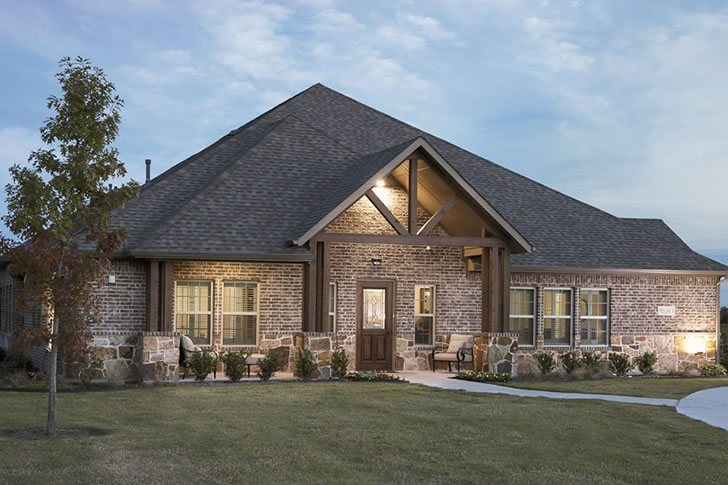Low-Cost Senior Living: How To Find Housing That Fits Your Budget
Finding cheap housing is a critical concern for seniors who typically live on fixed incomes and may have limited savings. As the population ages, the demand for economical living options for seniors increases. We’ve carried out detailed research and might help seniors find cheap apartments.

Understand the Types of Senior Housing
The first step in finding affordable housing is understanding the different types available. Generally, senior apartments are designated for adults 55 years or older, and they differ from assisted living facilities in that they do not offer hands-on care. These apartments may offer amenities like group meals, social events, transportation services, and recreational activities, often at a lower cost than assisted living, while promoting independence.
Exploring Government-Subsidized Options
The U.S. Department of Housing and Urban Development (HUD) offers programs aimed at helping seniors find affordable housing. One common program is Section 202 Supportive Housing for the Elderly. Under this program, HUD provides funding to nonprofit organizations to develop and operate affordable rental housing for low-income seniors. Additionally, the Housing Choice Voucher program, formerly known as Section 8, allows seniors to find their own housing and use the voucher for a portion of the rent. To apply, seniors need to contact their local Public Housing Agency (PHA).
Utilizing Tax Credit Properties
Tax credit properties, created under the Low-Income Housing Tax Credit (LIHTC) program, are another avenue for finding affordable senior apartments. Although not exclusively for seniors, many LIHTC properties have units set aside for the elderly. These apartments offer reduced rents based on area median income percentages. Renters can search for these properties through the HUD or local housing agency websites.
State and Local Programs
Many states and municipalities also offer programs specifically designed for senior housing. These programs may be funded locally or through partnerships between various government entities and private organizations. Seniors should consult their state’s housing finance agency or local senior services groups for details on available programs.
Non-Profit and Charitable Organizations
Numerous non-profit and charitable organizations work to provide affordable housing options for seniors. Groups such as the National Council on Aging (NCOA) and local chapters of Habitat for Humanity may either offer housing solutions or grants and assistance in finding affordable housing. These programs often focus on both accessibility improvements and keeping housing costs low.
Consider Shared Housing
Shared housing is an emerging trend where seniors share living spaces with peers to reduce living expenses while enjoying companionship. This arrangement can significantly cut costs by splitting rent, utilities, and maintenance. Organizations like the National Shared Housing Resource Center offer resources to connect seniors looking for shared living arrangements.
Review Financial Assistance Programs
There are various federal and state financial assistance programs available to help seniors manage housing costs. For instance, the Supplemental Security Income (SSI) program and state-specific supplements provide additional income that can be used towards rent. Additionally, veterans may qualify for separate benefits through the Department of Veterans Affairs, which can also assist with housing costs.
Effective Budgeting and Planning
Seniors seeking affordable housing should also focus on their overall financial planning. This includes budgeting effectively to ensure affordability beyond just rent. Consider utilities, transportation, and out-of-pocket healthcare costs when choosing an apartment. Consulting with a financial advisor or using budgeting tools geared towards seniors can be extremely helpful.
Conclusion
Finding affordable housing as a senior requires research, patience, and careful planning. By exploring government programs, tax credits, non-profit resources, and alternative living arrangements such as shared housing, seniors can find financially feasible living options that provide both comfort and community.







Recent Comments